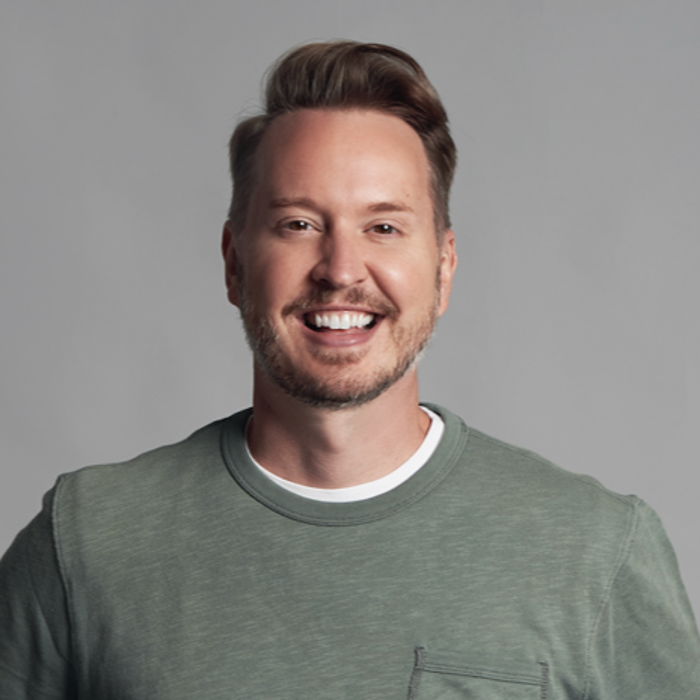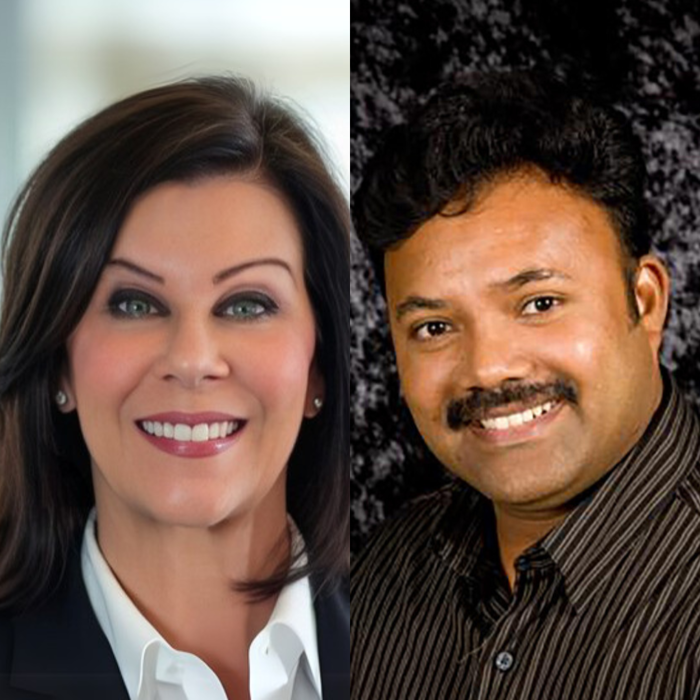Singing for Health Network Series Workshop 5: Singing for Parkinson's
Thursday 10th December 2020, 5:00 PM - 7:00 PM (London Time)
All sessions are recorded and will be sent out to all registered participants.
Voice Workshops
Health and wellbeing: Singing for Parkinson’s
Aims
- The student will gain a holistic understanding of the symptoms of Parkinson’s.
- The student will understand the neural, cognitive, and motor learning challenges present within sessions.
- Teachers and facilitators will experience how to use their existing knowledge of vocal pedagogy and body mapping to create an enhanced singing programme specifically targeting the needs of their clients.
Objectives
- Can recognise and react appropriately to Parkinson’s symptoms within a singing session.
- Can deigns targeted exercises to enhance the therapeutic benefits of sing for Parkinson’s classes.
- Can begin to develop a toolkit of strategies that can support motor learning.
- Can develop safe working practices for themselves and their clients.
Session
What is Parkinson’s?
- An overview of symptoms and the possible profile of our clients
- Established therapies
- The benefits for people with Parkinson’s of being part of a sing for Parkinson’s programme
What the research suggests
- The neurological and cognitive implications of Parkinson’s for the singers.
- Skill acquisition and motor learning in a choral Parkinson’s class.
Putting theory into practice.
- Integrating research and a knowledge of singing pedagogy to enhance the therapeutic outcomes for a Parkinson’s vocal session
Break out groups 1
Develop aims and objectives for:
- One targeted physical warm-up
- One vocal exercise
- Suggest a song that demonstrates how you will develop these exercises.
- Reflection in action: consider how you may need to adapt to the clients learning needs.
Setting up a Sing for Parkinson’s Group.
Break out group 2
Things to consider
- A question of diversity.
- What are the barriers to attendance?
- Thinking about a community approach.
- What are my biases and assumptions as I teach the class?
Health and safety round-up
References and Bibliography
Elizabeth Drwal Stuttard
Elizabeth is a Vocal Coach and Choral Facilitator, Community Dance Facilitator and Researcher...
Sorry, this is an archived short course...
We have plenty of upcoming short courses coming soon. See details of some of them below or look at the full list of short courses.

Monday 7th July 2025
2:00 PM - 4:00 PM
Tuesday 8th July 2025
2:00 PM - 4:00 PM
Wednesday 9th July 2025
2:00 PM - 4:00 PM
Friday 11th July 2025
2:00 PM - 4:00 PM
Monday 14th July 2025
2:00 PM - 4:00 PM
Tuesday 15th July 2025
2:00 PM - 4:00 PM
Wednesday 16th July 2025
2:00 PM - 4:00 PM
Friday 18th July 2025
2:00 PM - 4:00 PM
(London Time)
Introduction to statistics and working with quantitative data for Voice Professionals: 8-Session Online Bootcamp

Dr David Cane
This certificated statistics course is ideal for individuals interested in laying a solid foundation in quantitative research methods. By focusing on essential statistical principles, you will be equipped with the tools to understand and apply quantitative research techniques effectively. Statistics is a crucial component of quantitative research; mastering it will enable you to grasp quantitative methods more confidently and precisely.


Thursday 10th July 2025
5:00 PM - 7:00 PM
(London Time)
Securing Belt, Mix, and Legit for Musical Theatre

Kevin Wilson
Today, musical theatre singers are required to perform in a variety of vocal styles, ranging from legit to rock and pop. This demands a deep understanding of the systematic adjustments necessary to master these styles while maintaining a balanced and sustainable vocal technique. Join renowned voice coach Kevin Wilson as he explores the various systematic negotiations and approaches necessary for legit, mixed, and belt voice qualities for authentic performance.


Friday 11th July 2025
5:00 PM - 7:00 PM
(London Time)
Nasal Resistance Technique: Applications in Clinical and Performance Voice

Dr Kari Ragan

Dr Nandhu Radhakrishnan
Join Dr Kari Ragan and Dr Nandhu Radhakrishnan for this fascinating session on the Nasal Resistance (NR) Technique that combines semi-occluded vocal tract (SOVT) benefits with kinesthetic resonance awareness. The NR Technique promotes efficient glottal closure, resonance clarity, and smoother transitions across vocal registers. Its versatility makes it an essential tool for optimizing vocal efficiency in healthy, injured, and singing voices!
